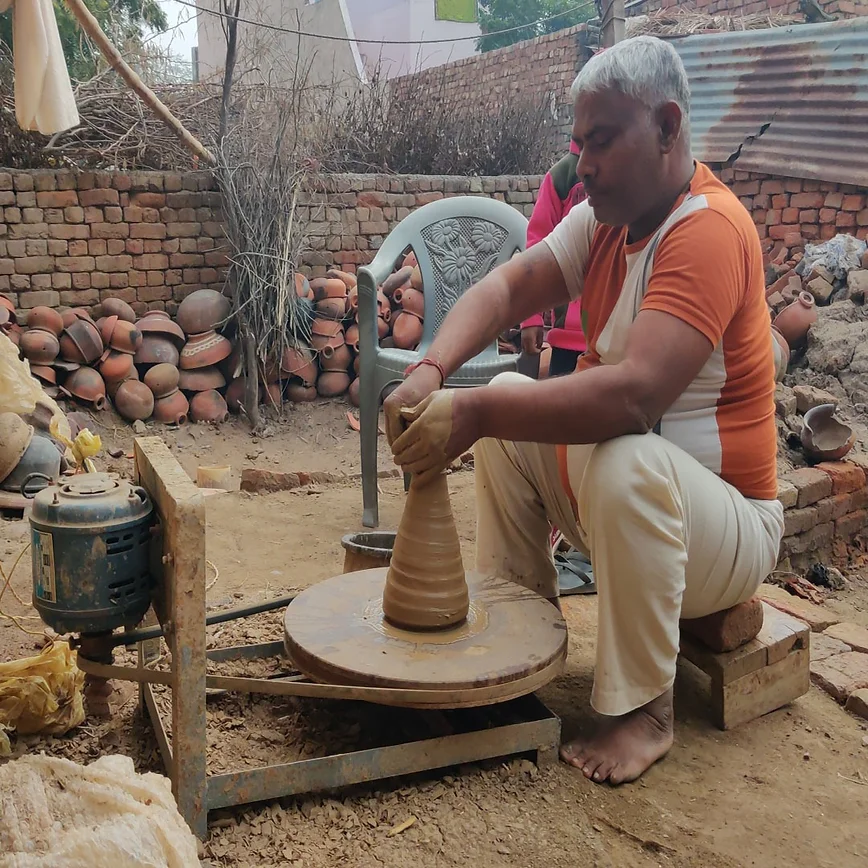Home
About Us
OMICS Technologies For Predictive Modeling of Infectious Diseases Program
by: Michael SaundersThe National Institute of Health, more commonly referred to as NIH, is a federal government agency operating within the United States Department of Health and Human Services that is primarily responsible for supporting the country's biomedical and health-related research studies.
|
|
The grants and initiatives of the NIH are all geared towards the successful realization of its primary agency mission which is to "seek fundamental knowledge about the nature and behavior of living systems and the application of that knowledge to enhance health, lengthen life, and reduce the burdens of illness and disability."
In keeping with this mission, the National Institutes of Health has formed a partnership with the National Institute of Allergy and Infectious Diseases (NIAID) in an attempt to establish the OMICS Technologies For Predictive Modeling of Infectious Diseases Program.
The program is specifically designed to aid in the development and validation of predictive models of infectious disease initiation, progression and outcomes while employing integrated datasets generated from a combination of "omics" technologies.
OMICS technologies refer to the process involving rapid and accurate measurements tens and hundreds of thousands of data points (i.e., DNA sequences, gene expression levels) in a short period of time.
At present, there four major types of "omics" technologies that are being used to gather data, these include genomics, transcriptomics, proteomics, metabolomics.
(continued...)
OMICS Technologies For Predictive Modeling of Infectious Diseases Program
Page 2
About The Author
Michael Saunders is an editor of TopGovernmentGrants.com one the the most comprehensive Websites offering information on government grants and federal government programs. He also maintains Websites providing resources on environmental grants and grants for youth programs. |
Additional Resources
category - Health Grants
Cancer Education Grants Program
HIV Innovations for Improved Patient Outcomes for Priority Populations Program
Human Health and Heredity in Africa: Research Grants Program
Cancer Education Grants Program
Follow @topgovtgrant
Social Entrepreneurship
Spotlight
Reviving Ancient Indian Art Forms – Empowering Artisans Towards Entrepreneurship

Rivaayat is an initiative by Shri Ram College of Commerce, Delhi to revive various dying art form and solve innumerable problems faced by the artisans. Rivaayat began with reviving a 20,000-year-old art form of pottery that is a means of survival for 600 families residing in Uttam Nagar, Delhi.
